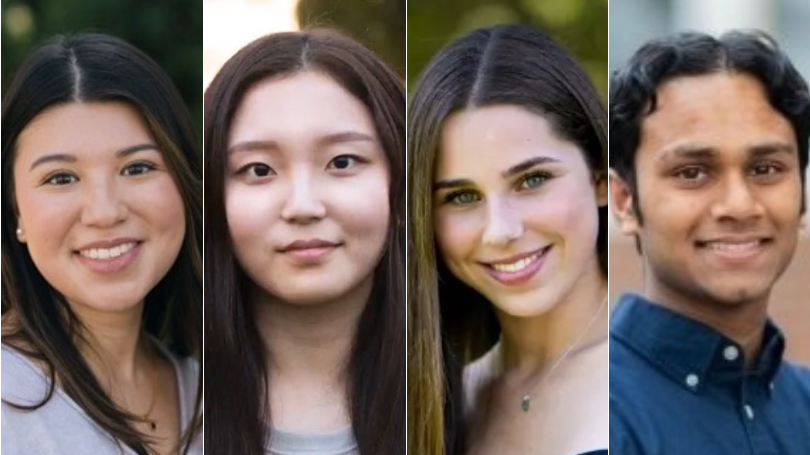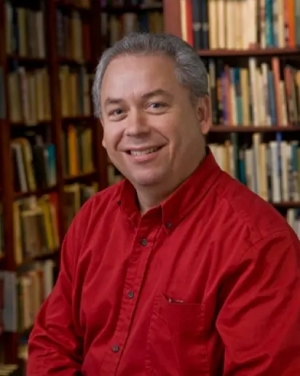

Four research papers from Professor Bruce Duthu's Federal Indian Law class were published in the prestigious journal.
Four student research papers from Professor N. Bruce Duthu's Federal Indian Law course were published in the Columbia Undergraduate Law Review, a journal that features work by undergraduate students around the world.
Papers by Shera Bhala '22, Gabrielle Levy '22, and Jenny Chaeeun Song '23 were published in the fall 2022 issue, and Arpit Rao '25 had his paper published in the summer 2022 issue.
"Publishing scholarship early in their careers helps students understand the value and importance of writing for an audience beyond their teachers," says Duthu, the Samson Occom Professor and chair of Native American and Indigenous Studies. "Seeing their ideas and arguments disseminated to a wide audience drives home the critical importance of making arguments that are grounded in sound evidence and makes real their aspirations to make positive change in the world."

The Federal Indian Law course focuses on the constitutional, statutory, and jurisprudential rules of law that make up the field, and the historical framework from which the rules were derived. Students explore areas of law including criminal justice, economic development, environmental and natural resource regulation, hunting and fishing rights, Indian child welfare, and religious and cultural rights.
The research papers published by the Columbia publication cover a variety of topics. Fulbright scholar Shera Bhala '22, a double major in government and French, details an evidence-based dissenting opinion on a 1978 United States Supreme Court case about the criminal jurisdiction of tribal courts. In "An Oliphant Fix: Delegalizing Rape in Indian Country," government major Gabrielle Levy '22 explores how the law and federal government fail to protect Native women and proposes solutions.
In his paper, "The Broken Promise: Restoring the Constitution's Guarantee of Tribal Sovereignty," Arpit Rao '25, a double major in government and economics, probes the plenary power doctrine and implicates historical treaty making to argue that federal government intervention in such affairs is unsupported by the Constitution.
"This project enabled me to focus deeply on complex issues at the core of our Constitution and our commitment to Native American tribes," Rao says. "My experience working with Professor Duthu and the Columbia Undergraduate Law Review staff provided me with insights into the process of legal research and writing."
In her paper, Jenny Chaeeun Song '23, a math major, explores the humanitarian crisis facing Indigenous children through an analysis of the legal frameworks in the United States, New Zealand, Australia, Canada, and China.
"Working with editors from the Columbia Undergraduate Law Review allowed me to improve my arguments and evidence in a way that was easier to understand for those who have never studied federal Indian law," Song says. "I am glad that, especially with the ongoing Supreme Court case (Haaland vs Brackeen) concerning the Indian Child Welfare Act, I had an opportunity to let more people know about an important topic that is seldom taught in law schools."
Song found the experience so rewarding that she took another class with Duthu this past fall, which, she says, she enjoyed even more.